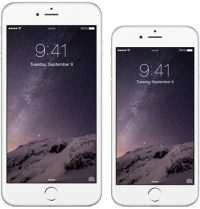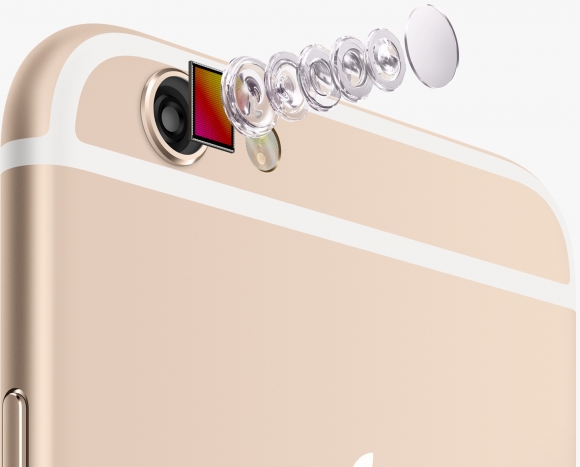Nearly Near-Field: Apple arrives at the NFC party four years late, then refuses to knock on the door
posted Wednesday, September 17, 2014 at 1:25 PM EST

With its announcement last week of the iPhone 6 and 6 Plus, Apple finally reversed a years-long stand against a communications standard that aims to make pairing, sharing and payments just as simple as can be. Four years after the now-widespread Near-Field Communications standard -- more commonly known as NFC -- first landed on bitter rival Android, Apple has placed NFC radios in both of its newest phones to support its new Apple Pay technology.
On hearing the news, Apple fans rejoiced at the thought of hassle-free camera pairing and cross-platform tap-to-share in their phones, but the celebration it seems was premature. According to an article from the Verge, although Apple's phones will now have all the necessary hardware to support NFC transfer and use it for simple Wi-Fi connection setup as well, iOS users still won't actually be able to do so.

The reason: Apple is locking its NFC hardware down to work with just Apple Pay alone, much as it once hid the fingerprint sensor it introduced in the iPhone 5S from third-party developers. And as the Verge's article points out, that particular case gives cause for hope, because the company eventually backtracked on its decision, opening that sensor up to third-party apps some nine months later. We can only hope that it eventually does the same with NFC, a standard that has long been available on every other major mobile platform, but not from the most popular individual phone models on the market.
For the time being, though, it seems that while Apple has finally found its invite to the NFC party, it is content for now to simply pull up a chair by itself on the lawn and listen to the band from outside. For iPhone 6 owners, that's quite a shame, because they're now paying for hardware whose potential hasn't even begun to be unlocked.